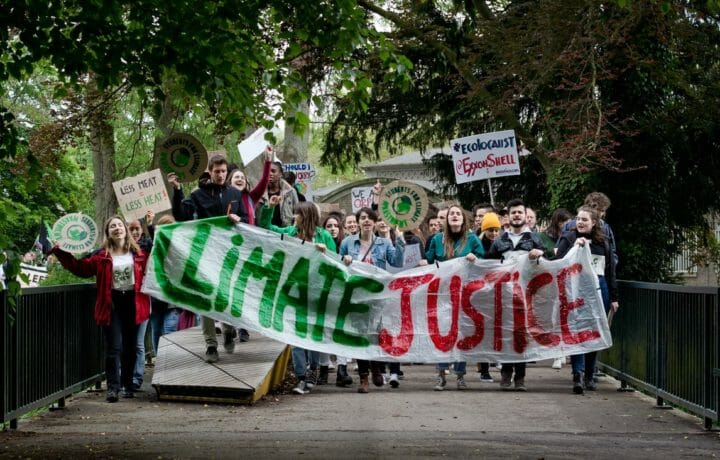As the first set of Generation Z, those born between 1996 and 2012, steps foot into the workforce, their view of employment is immediately shaped by COVID-19 as the virus that sent them back home. Disruption from the pandemic will impact their view of work for years. As Generation Z accounts for a third of the world’s population, their entrance into the workforce during a transformative period will absolutely shape how they view a job, profession, or a calling.
A Blank Slate
As this generation graduates from college they enter the workforce for the first time likely without ever having held a job in their teenage years. A focus on educational endeavors took up time previously used for the first formative job experience. For example, only 18% of Gen Z teens (ages 15 to 17) were employed in 2018, compared with 27% of Millennial teens in 2002 and 41% of Gen Xers in 1986. Comparing young adults, ages 18 to 22, only 62% of Gen Zers were employed in 2018, far less than Millennials (71%) and Gen Xers (79%) when they were a comparable age. Life lessons from first jobs can no longer be assumed, and expectations for onboarding must take this into account. This is made even more difficult as a portion entering the workforce completes jobs from home without face-to-face engagements.
Always On
Gen Z grew up in an “always on” technological environment. Their constant connectivity through mobile devices and use of social media, along with on-demand entertainment has shaped how they view the world. Commensurate with rapid adaptability to change, Gen Z is open to using existing and new data in fresh ways. Combining Gen Z’s adaptability with talent strategies benefits the entire workforce with respect to engagement and performance. As newcomers observe the capabilities, behaviors, and experiences in top performers, they are likely to seek opportunities to develop those skills. When it comes to discovering new skills, over half of Gen Z will take classes or learn new skills if it makes them better at their job or boost their salary.
Something to Believe In
The band Poison sang the song, “Give Me Something to Believe In” and other generations may do well to listen up because that is what Generation Z is asking for. They want to work for companies who prioritize a positive impact on society through sustainable development goals like climate change, sustainability, accessibility to healthcare, or ending poverty. Generation Z is looking for impactful change. Real, substantive, impactful measures to see change is sought. Actions speak louder than words and when the audio and visual mismatch, Generation Z picks up on that quickly, asks tough questions, and demands action.
Work From Home
They are bringing their whole selves to work. The once feared distracted “work from home” employee is now conducted by those with jobs that allow for telework. These changing business dynamics are bringing the next generation into a flexible workforce. Mandatory work from home policies prove that employees can still be productive anywhere with a strong internet connection. Expectations for onboarding, office set ups, and expectation for work output has changed, and Gen Z is the first to navigate through this alteration of employment.




